Some students with intersectional identities feel that Boston College is not doing enough to support them, according to four panelists who spoke about the issue on Wednesday night. The panelists spoke at an event titled “Identity Through Intersectionality,” which was sponsored by the AHANA Leadership Council (ALC) and the Women and Gender committee of the Undergraduate Government of BC.
The discussion focused on how intersectionality was lacking at BC, and also on each panelist’s personal experience with intersectionality. Each panelist wrote the pronouns they prefer on the board behind them: Joon Park, MCAS ’18, identifying as they/their/them; Anne Williams, MCAS ’17, as she/her/hers; Tara Cotumaccio, MCAS ’17, as she/her/hers; and Taraun Frontis, CSOM ’19, as he/him/his.
Williams started off mentioning that although her women and gender studies minor has been a place for discussion of intersectionality, there is still a lot of room for improvement.
“I feel the place the discussion is probably most lacking is in the classroom,” she said. “Besides my explicitly feminist classes, we’ve never really talked about the intersecting identities that comprise a person or a society or why that’s important.”
Williams also talked about the changing salience of some of her identities since some came to the forefront upon entering college, some came completely into existence, and some were put on the backburner.
“I question, ‘What does it mean to be a woman?’” she said. “‘What does it mean to be a survivor? Am I making up my mental illness? Am I making up my sexuality?’ All of these intersected.”
Williams felt that these identities have come to the forefront of her mind, where as her identity of being a student has faded to the background.
Park echoed Williams on the idea of lacking outlets for intersectionality at BC.
“I found that when I was speaking about the intersections of my queerness and my Asian-American identity that one, I was tokenized, and two, people deemed me to be a little too sensitive about certain issues,” they said.
Park also touched on the importance of race in their intersectionality in the past.
“Even if you don’t find the ideal intersectional space, if you can find people you can trust, speak your truth, even if your voice shakes.”
—Anne Williams, MCAS ’17
“No shame to the Korean community, but it’s not the most progressive in handling LGBTQ+ issues, and so, I grew up heavily ostracized by my Korean classmates … Because I associated queerness to be a white concept, and also wanted to appear to be more white, I did this at the expense of my Asian identity,” they said.
Cotumaccio voiced her opinion that of the groups she is apart of, including GLC and Council for Student with Disabilities, a lot of the leadership is too focused on one issue. Additionally, when she came to college, the salience of many of her identities shifted as well.
“After joining Council for Students with Disabilities, [my visual impairment] is now one of the most significant parts of my identity, and something that I not only feel like I can strongly tell others about, but also I can … have the power of connecting with other students with disabilities,” she said.
Frontis, who identified as black and queer, mentioned the struggle he faces with feeling like he has to pick one part of his identity.
“I feel like intersectionality lacks in almost every aspect socially, especially in the black community,” he said. “For me, I’m black and queer, but I have to choose one.”
He also mentioned that being from the diverse area of New York he was not always fully conscious of some of the parts of his identity.
“Since I’m from New York, being black was not a major part of my identity,” he said. “Then, I came here, and I was black.”
Frontis and Park both think BC is not doing enough to support intersectionality.
Akosua Achampong and Christina King, future UGBC president and executive vice president, both MCAS ’18, respectively, gave closing comments highlighting their plans to deal with intersectionality.
“There are so many parts of ourselves that we don’t share with each other and understanding that when we deal with everyone is important,” Achampong said.
In a final question from the audience, someone asked what advice the panelists would give to people looking to focus on the importance of intersectionality in their lives.
“Even if you don’t find the ideal intersectional space, if you can find people you can trust, speak your truth, even if your voice shakes,” Williams said.
Photo Courtesy of Keith Carroll / Heights Staff

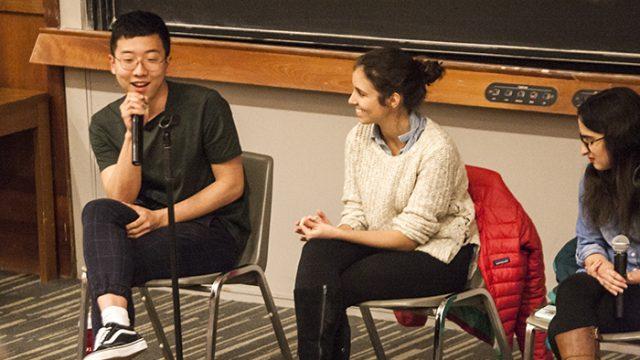

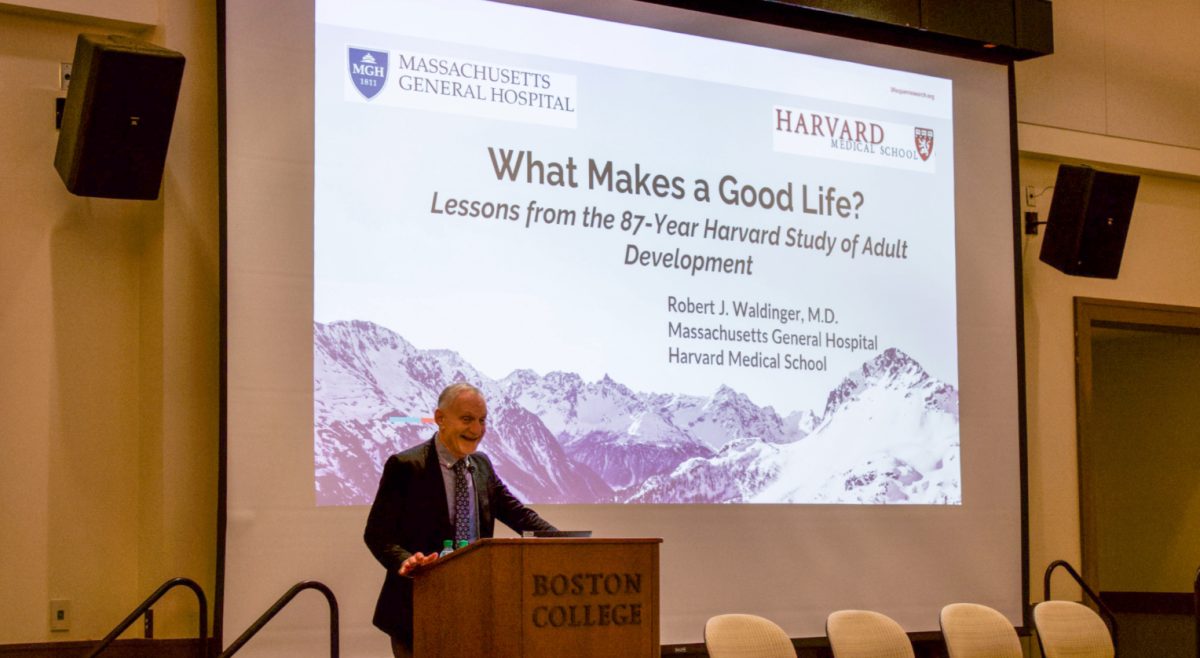





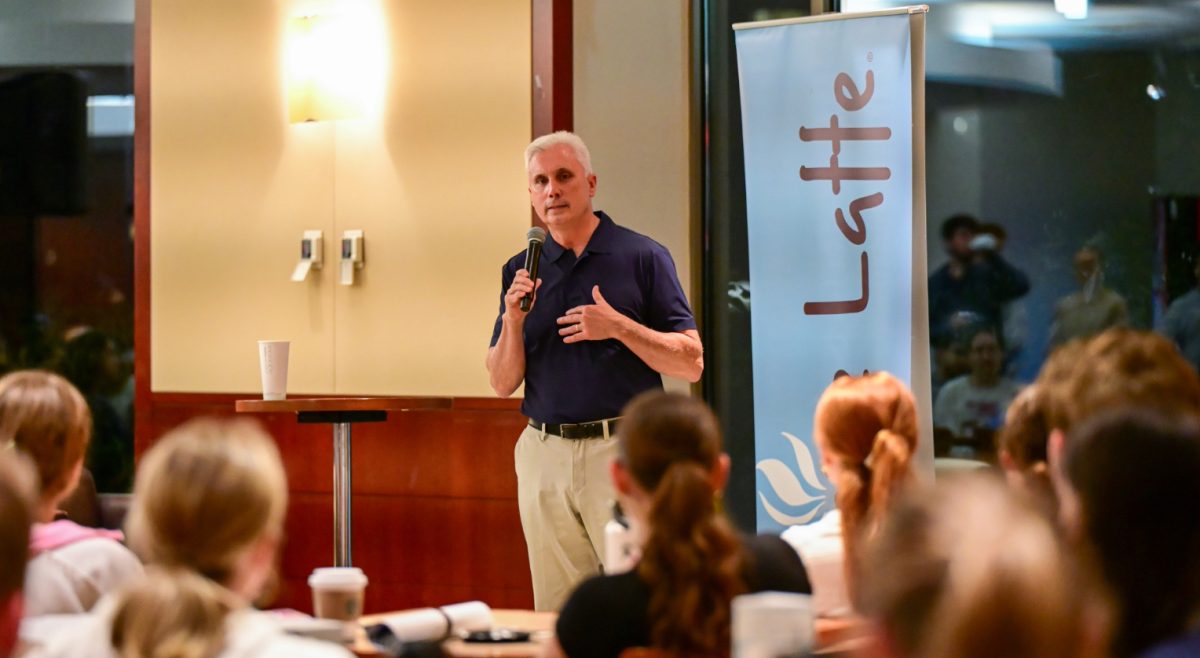

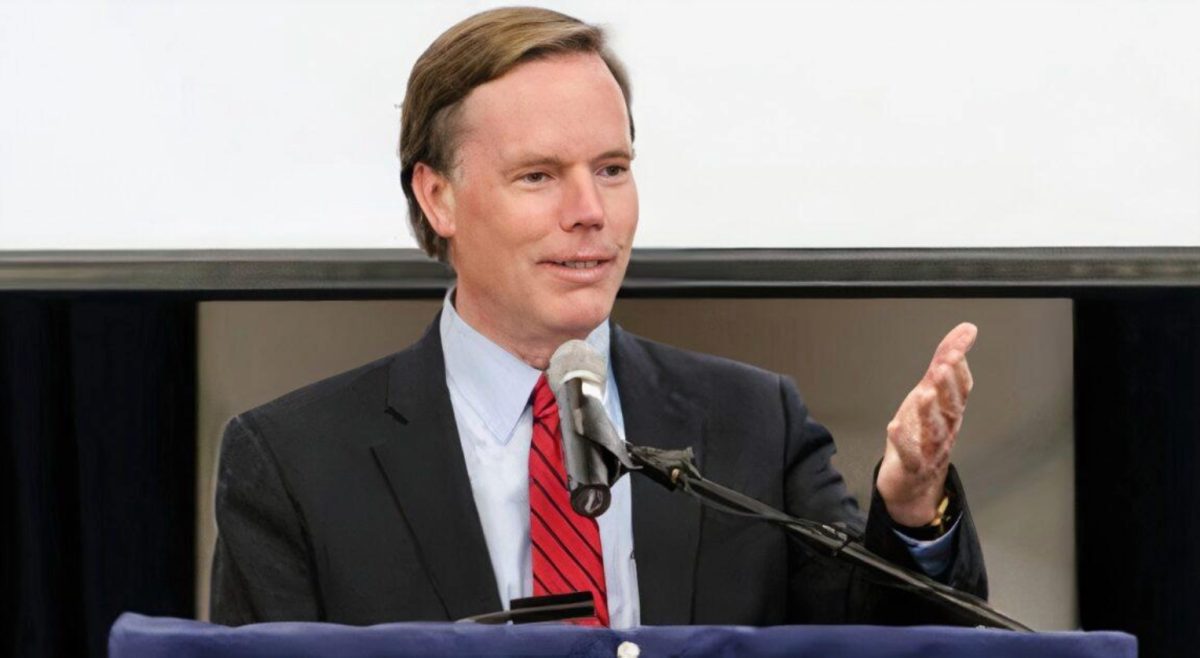
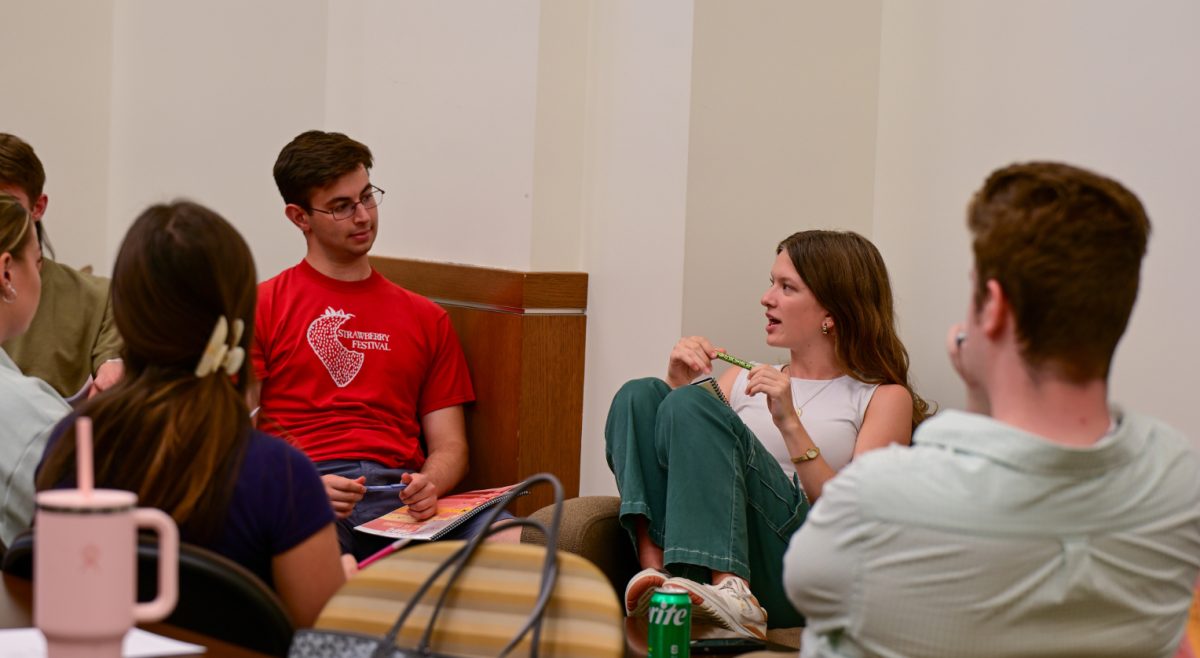

skella flynn • Apr 11, 2017 at 6:08 pm
just a thought! you should have checked in with those interviewed and quoted before outing them to the whole world (: